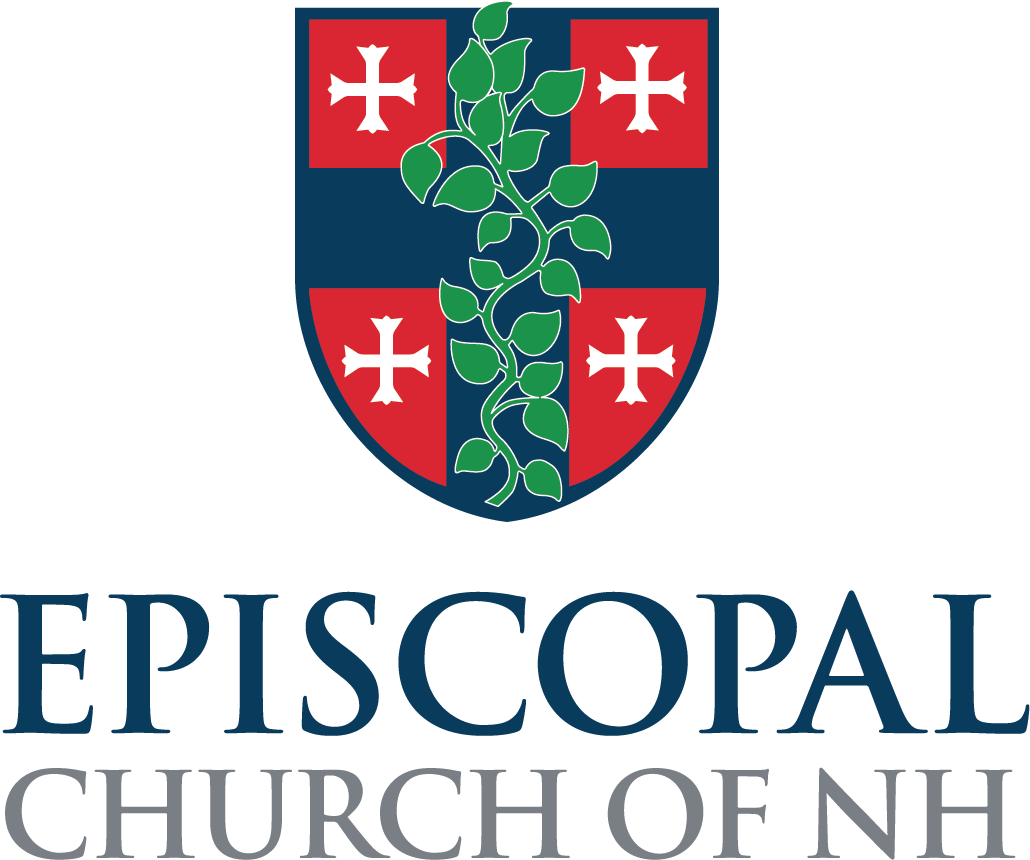Lay Leadership and Ministry
Lay Ministry Roles and Requirements
In The Episcopal Church canons, there are seven roles that can be performed by lay ministers that should be licensed in some manner: Eucharistic minister, Eucharistic visitor, worship leader, pastoral leader, preacher, evangelist, and catechist.
Beginning in 2025, parishes do not need to license Eucharistic ministers, Eucharistic visitors, and worship leaders through the diocese. The parish should keep a list of those who are licensed in these ministries in the church and continue to train and commission them as they normally do. Terms to these licenses may be imposed if that is helpful, but there is no need to file any paperwork with the diocese.
Eucharistic Minister: Licensed to administer the consecrated elements (bread and wine) of the Eucharist. A Eucharistic Minister should normally act under the direction of a Deacon, if any, or otherwise, a member of the clergy or other designated leader of the congregation. Training, licensing, and commissioning managed by the individual parish.
Eucharistic Visitor: Licensed to go from a Sunday Eucharist or other principal celebration of the Eucharist to share the sacrament with members of the congregation who were unable to be present because of illness or infirmity. Training, licensing, and commissioning managed by the individual parish. Safe Church training required. Download the Eucharistic Visitor Prayers Trifold.
Lay worship leader: Regularly leads public worship under the direction of member of the clergy or other designated leader of a congregation. Training, licensing, and commissioning managed by the individual parish. Worship leader training for leading Morning Prayer is available through the School for Ministry (SFM) on an as needed basis. Congregations who would like to offer Morning Prayer with Distribution of Reserved Sacrament must have permission from the Bishop to do so and are required to train worship leaders using the bishop’s customary.
Lay preacher: Typically, lay preachers are licensed to preach within the context of their own congregation at the request of the current priest. Licensing will be managed by the SFM and the Bishop. Lay preachers will either take the required lay preacher training through the SFM or demonstrate that they have had equivalent training.
If the priest in charge changes, or the lay preacher moves to another congregation, the license does not carry to the next priest or congregation and should only be re-licensed at the request of the current priest in charge. However, some lay preachers, who have demonstrated particular aptitude and depth of study, will be trained through the SFM and licensed by the Bishop to preach anywhere in the diocese. In this case, the Bishop will renew these licenses every three years, with demonstration of consistent preaching and continuing education and formation as a preacher. The names of these lay preachers will be shared on the supply clergy page and congregations are encouraged to invite them to preach on a Sunday when you might have worship leaders leading morning prayer.
Lay pastoral leader: These lay leaders may serve in two scenarios. 1) In the absence of a priest in charge, the senior warden, who is elected by the congregation, will serve as lay pastoral leader, assuming the “ecclesiastical authority” of a church. The role of the senior warden is clear in the canons and no additional “license” is needed. 2.) the Bishop may appoint a lay pastoral leader to a congregation who is not also the senior warden, and they will have a letter of agreement (whether stipendiary or not), which shall constitute their “license.”
The Episcopal Church of New Hampshire does not currently license lay evangelists or catechists. If there is interest in creating a process to raise up these roles for service, please contact Canon to the Ordinary Tina Pickering.
Note: licensing for pastoral care roles is not required by the canons, however, this is an important role filled by many lay ministers in the diocese. The SFM has periodically offered training and will continue to do so when there is a need. Pastoral Care roles do require Safe Church training.
School for Ministry Lay Ministry Track
Serving on a Vestry
Lay Leadership Manual
Monthly vestry Zoom calls (Wardens and Treasurers Chats)
Mutual Ministry discernment for clergy and vestries (coming soon)
Vestry Resources
